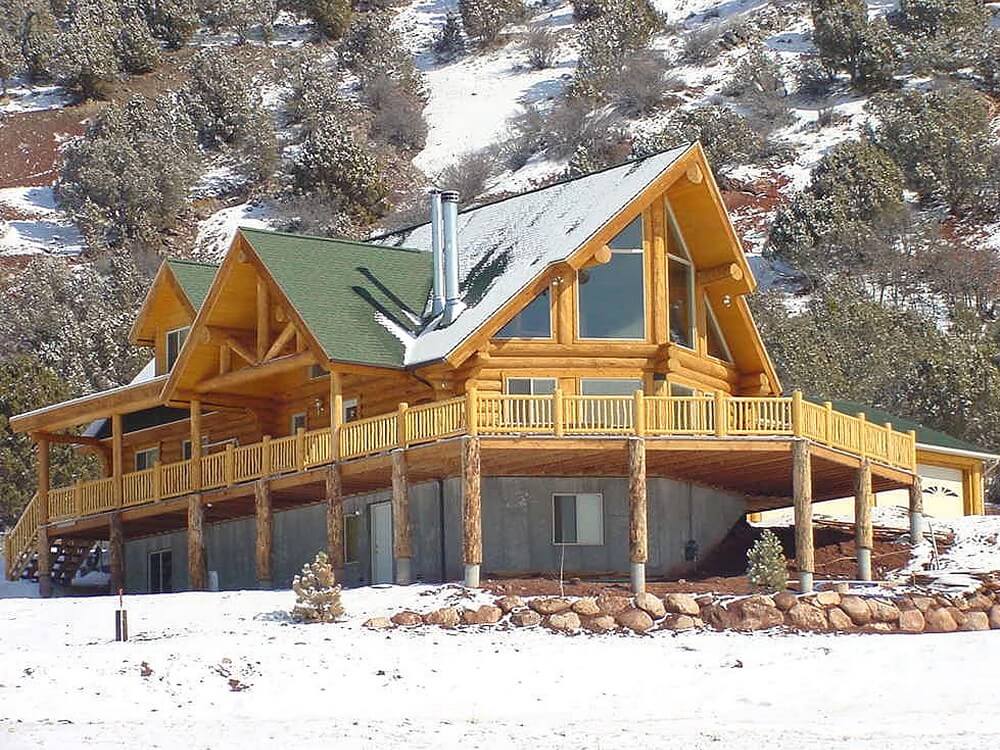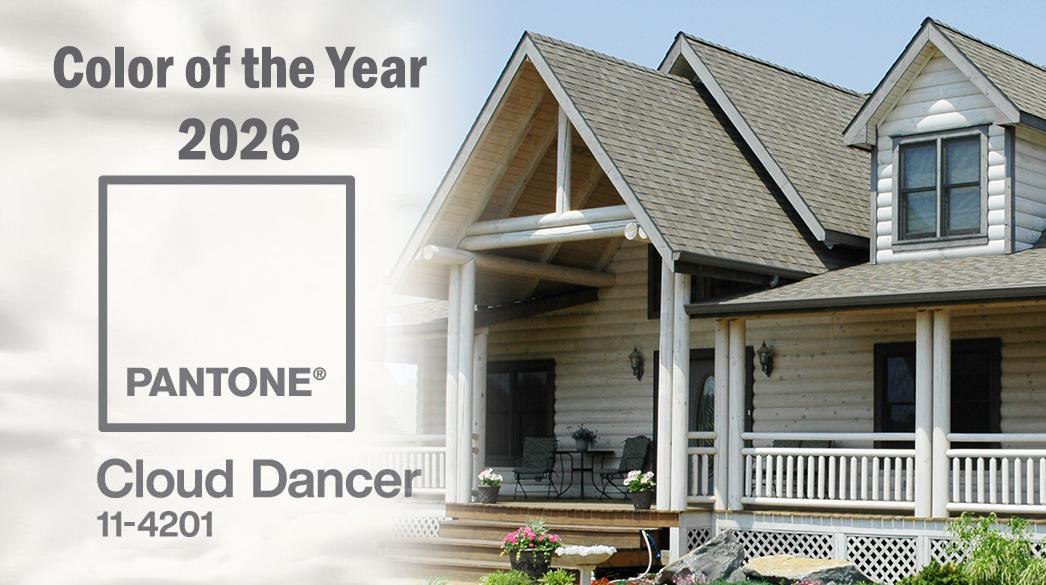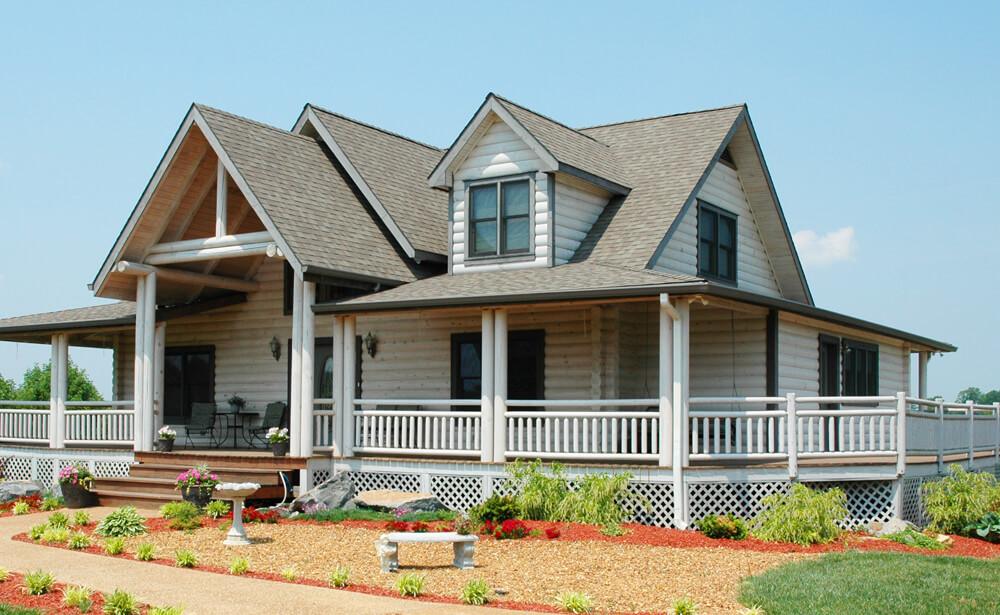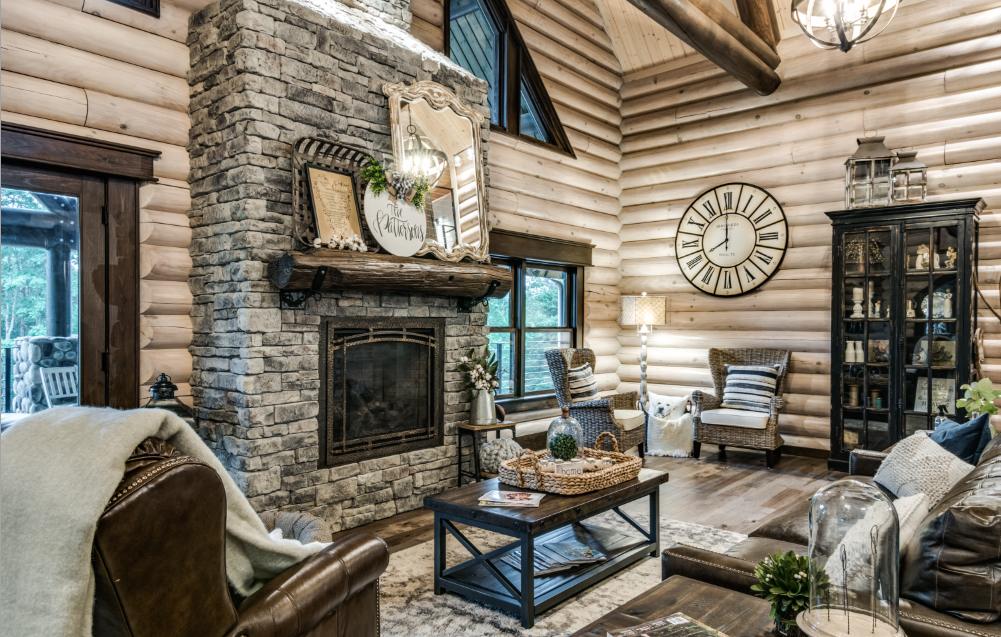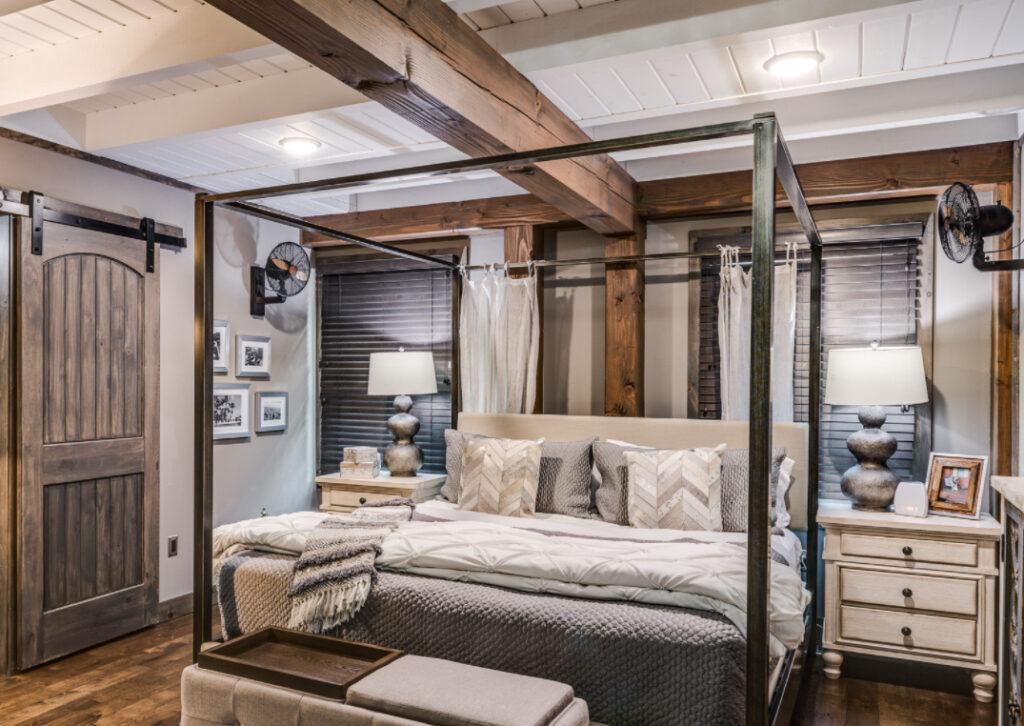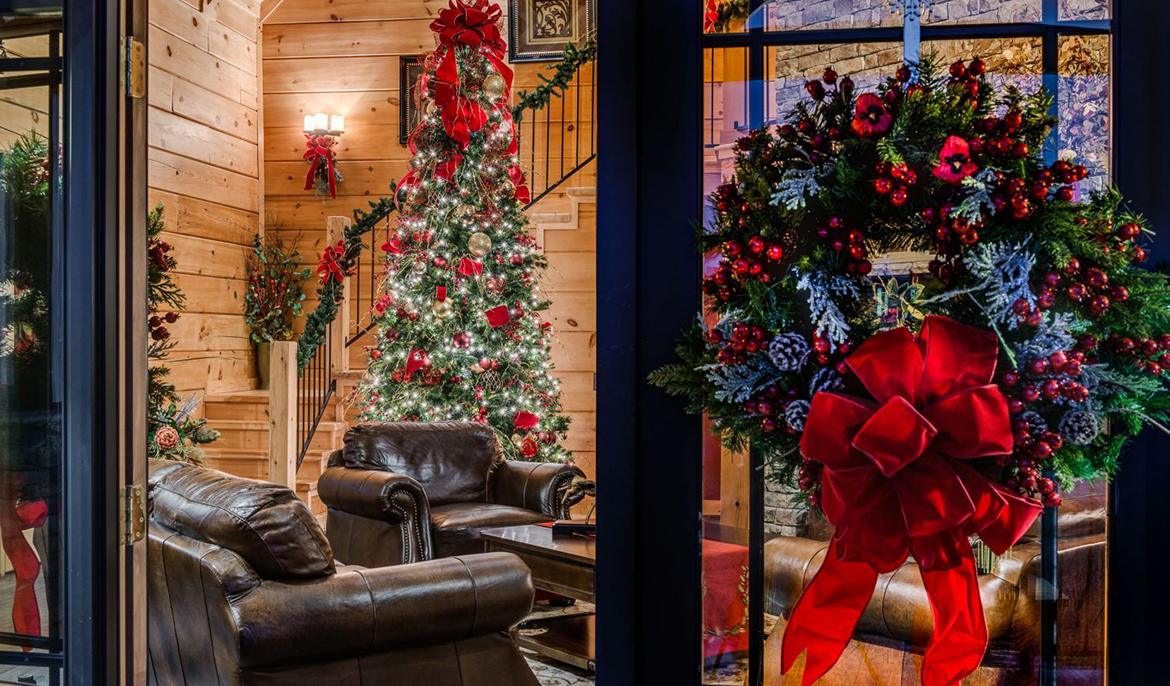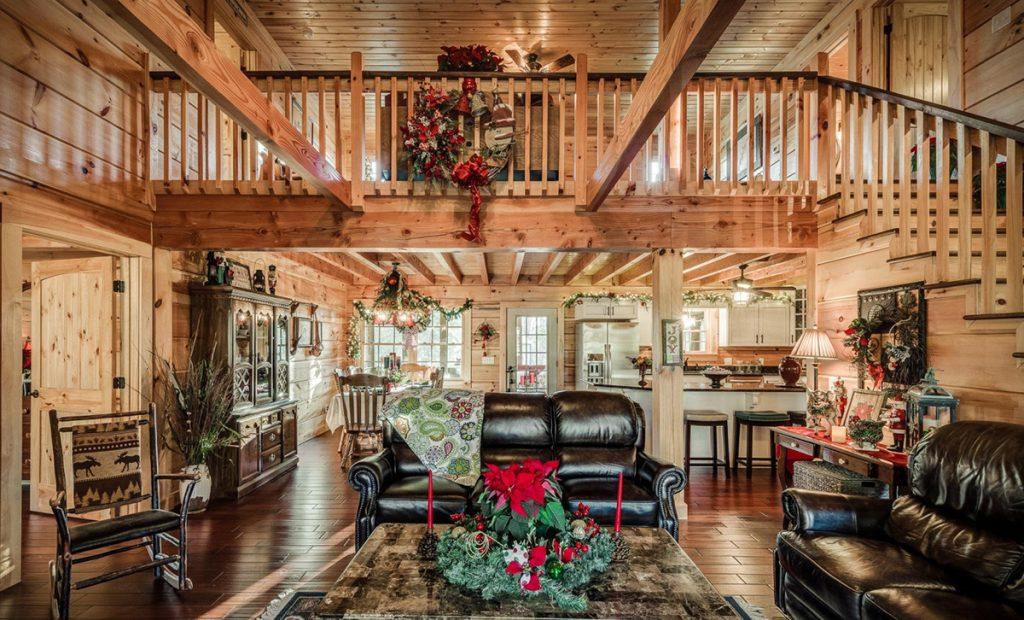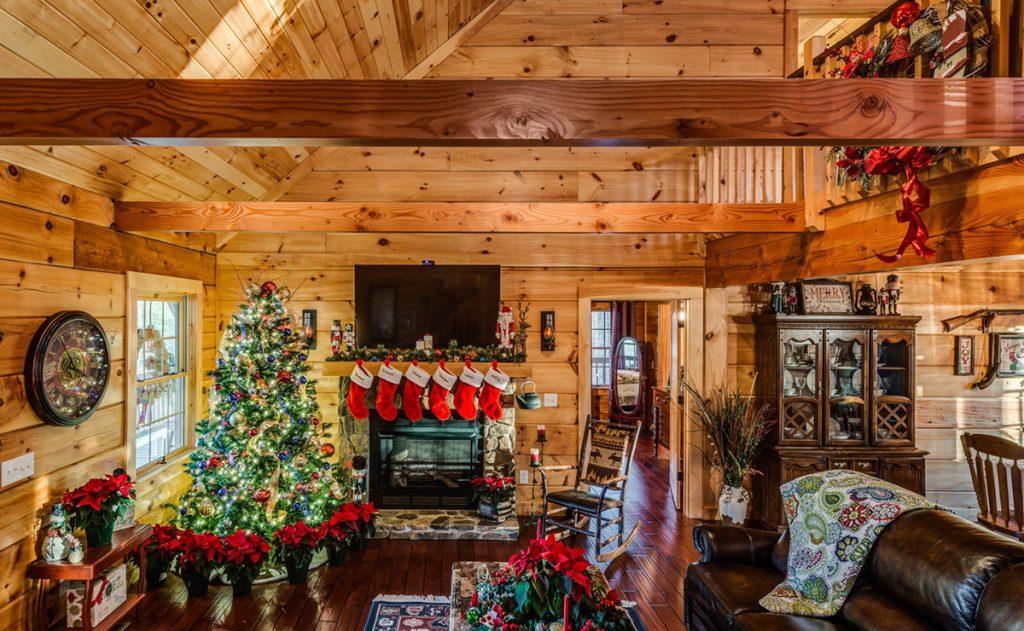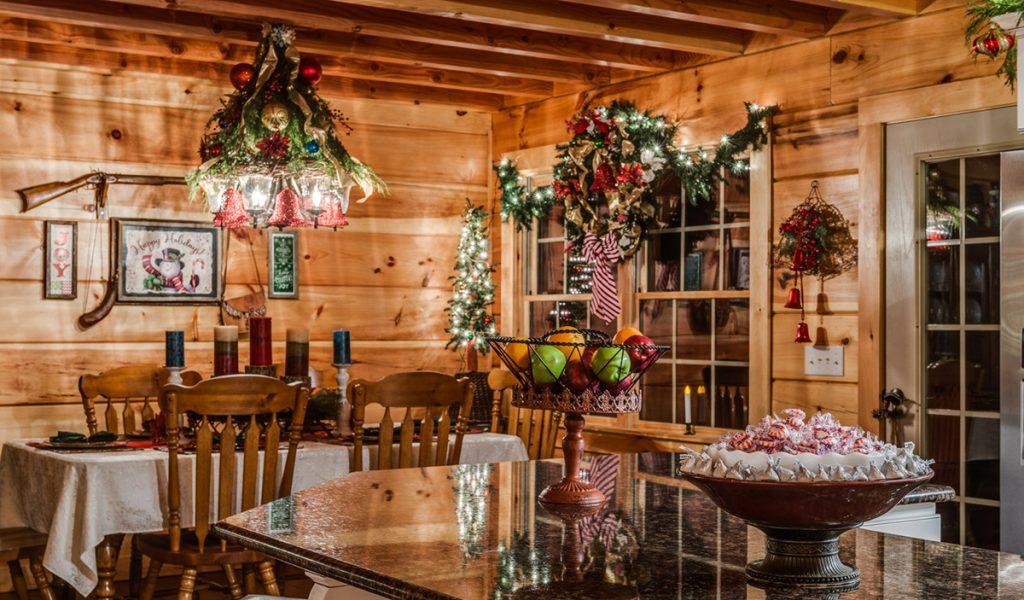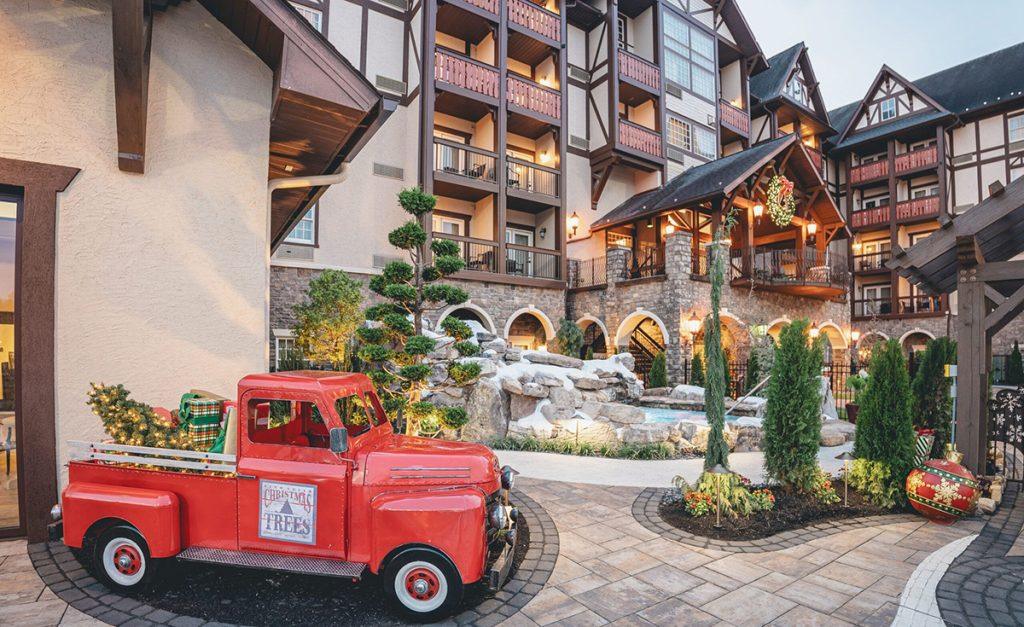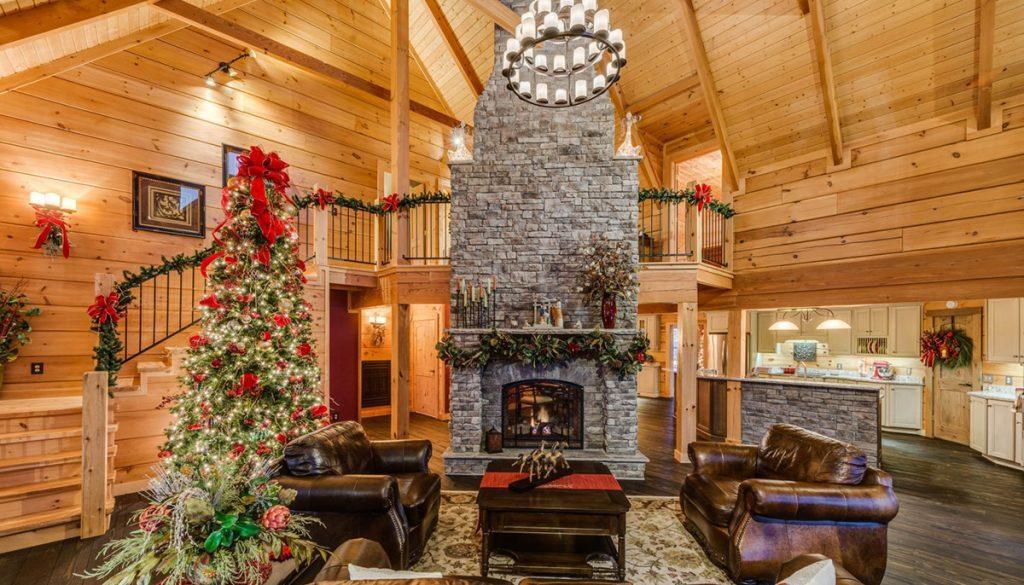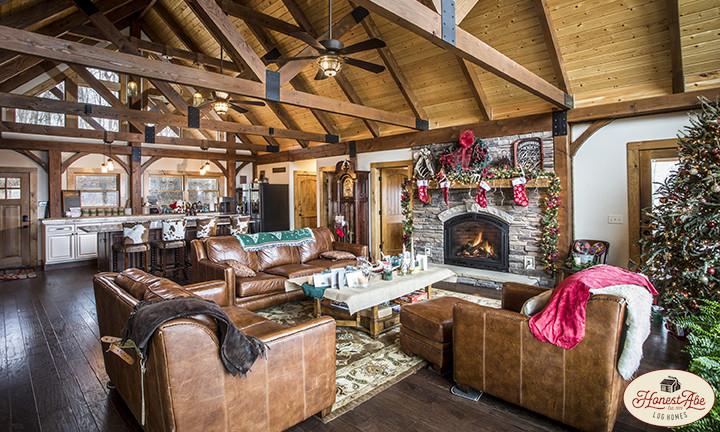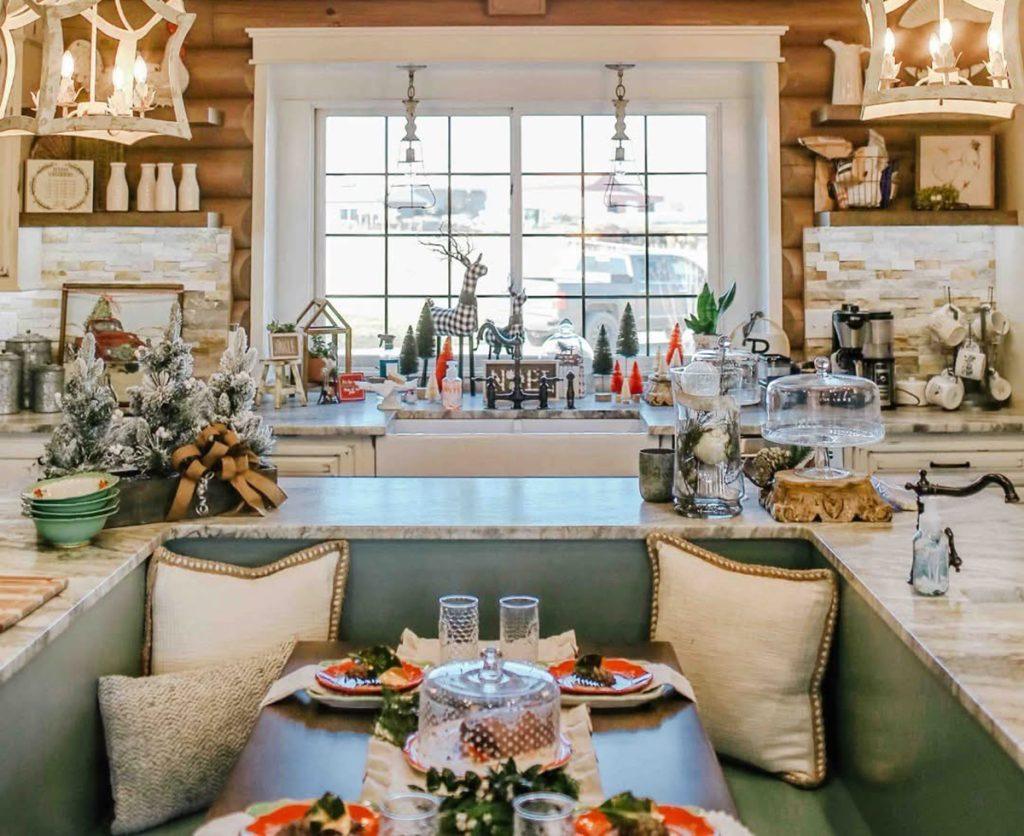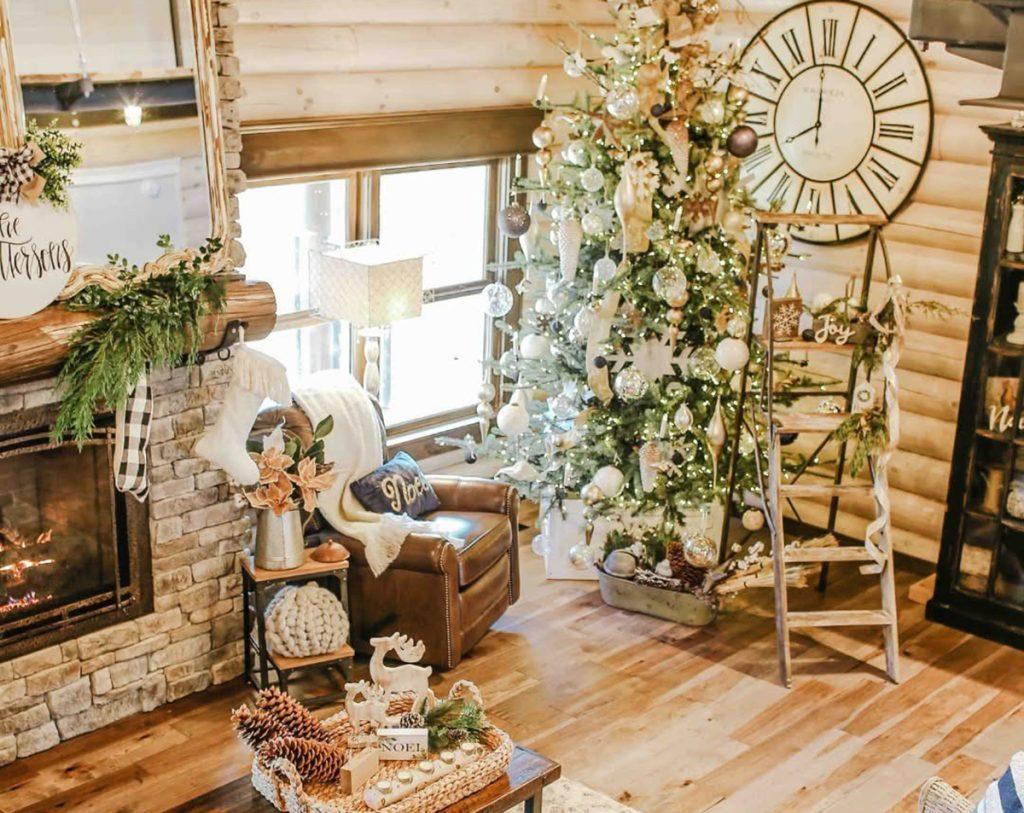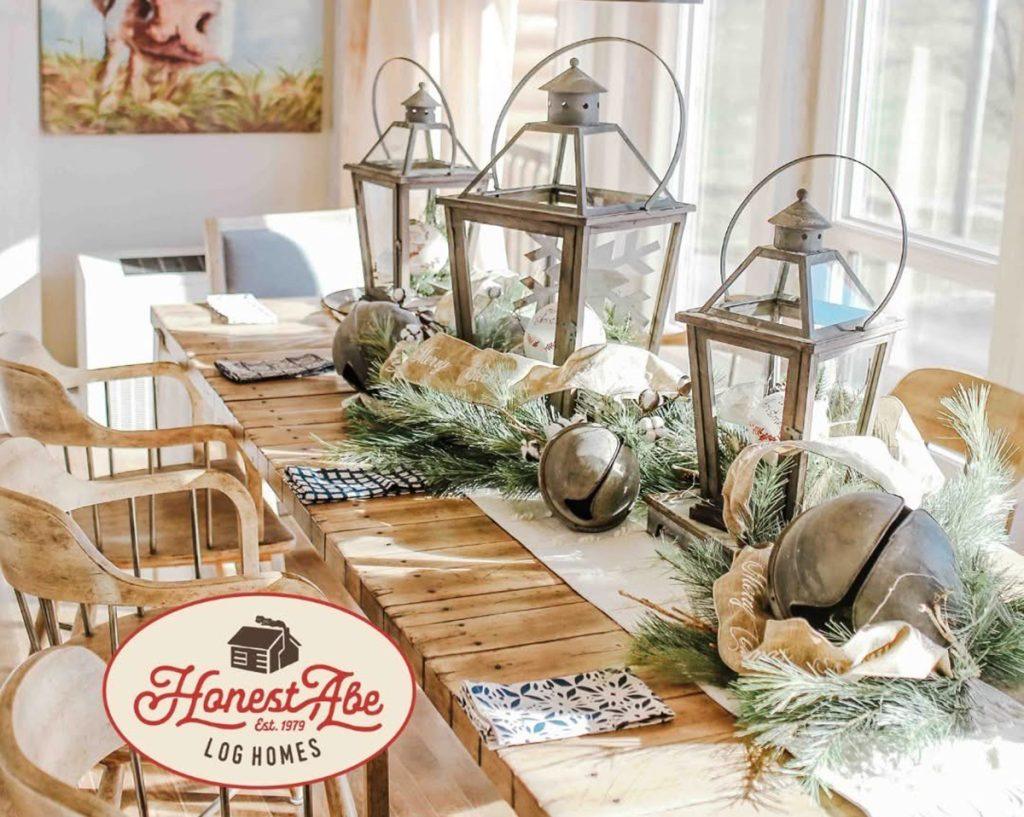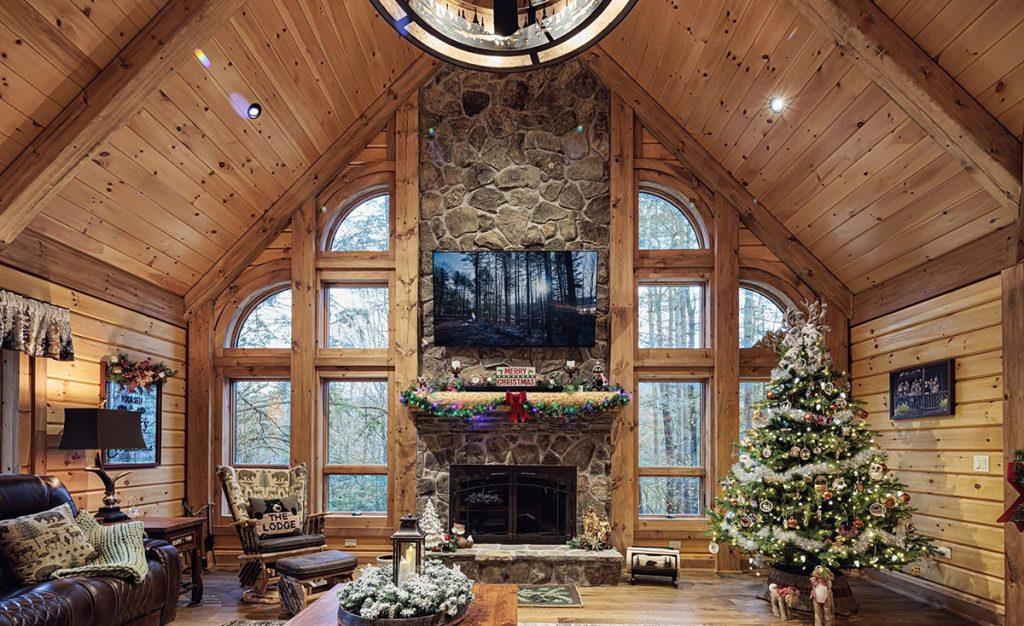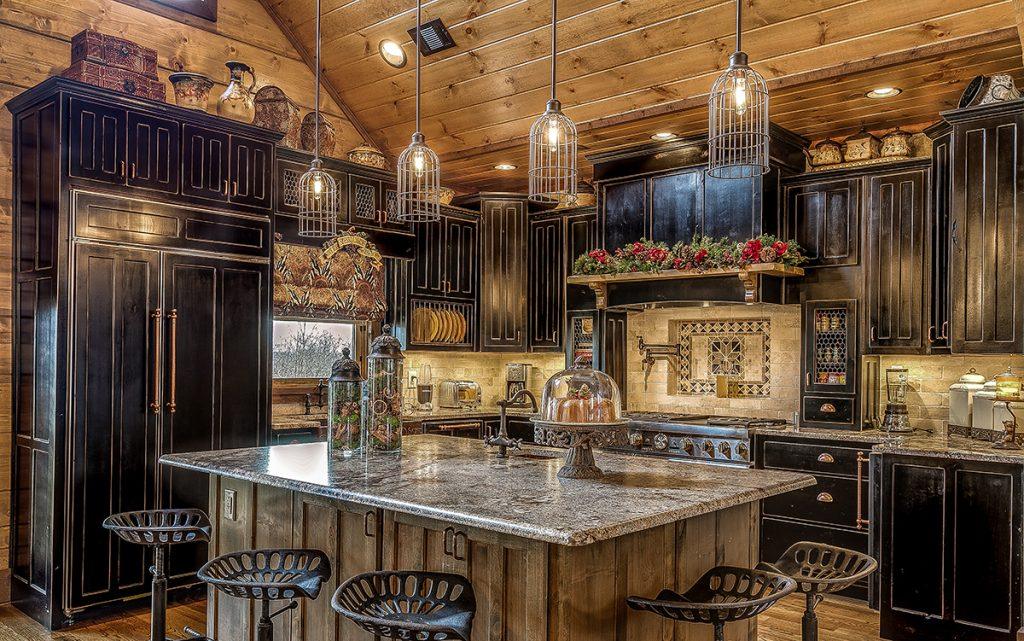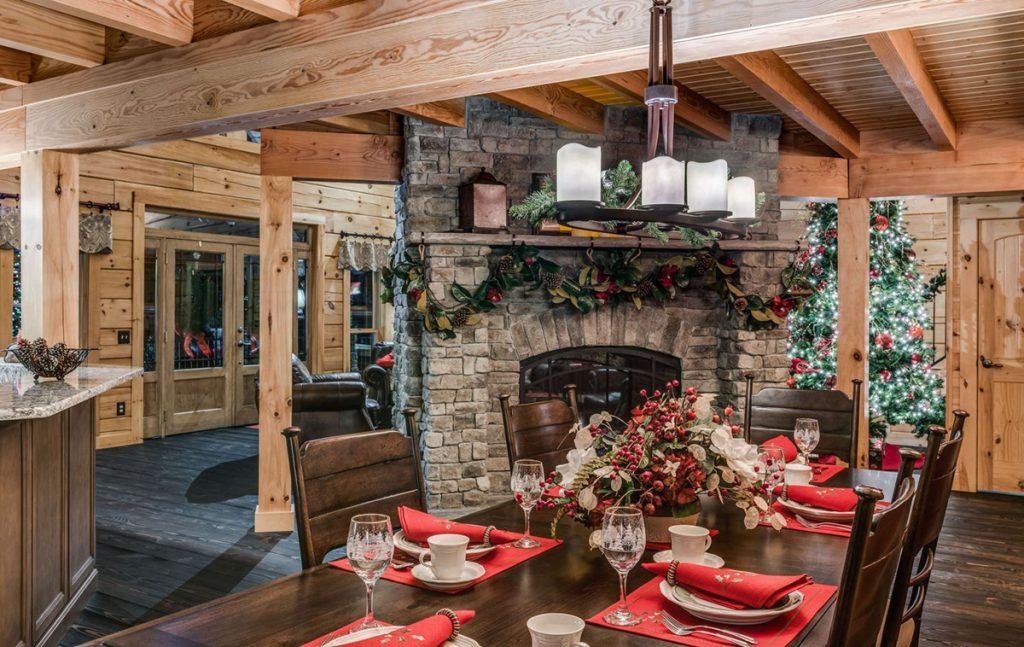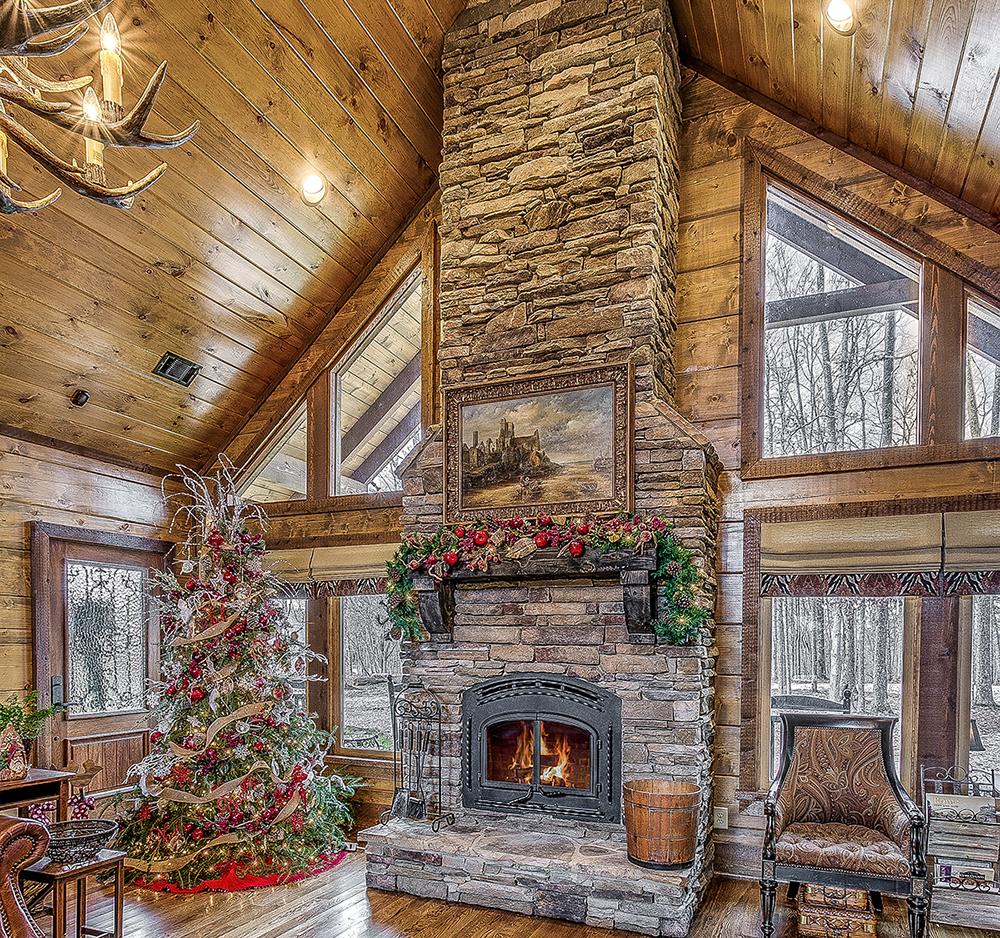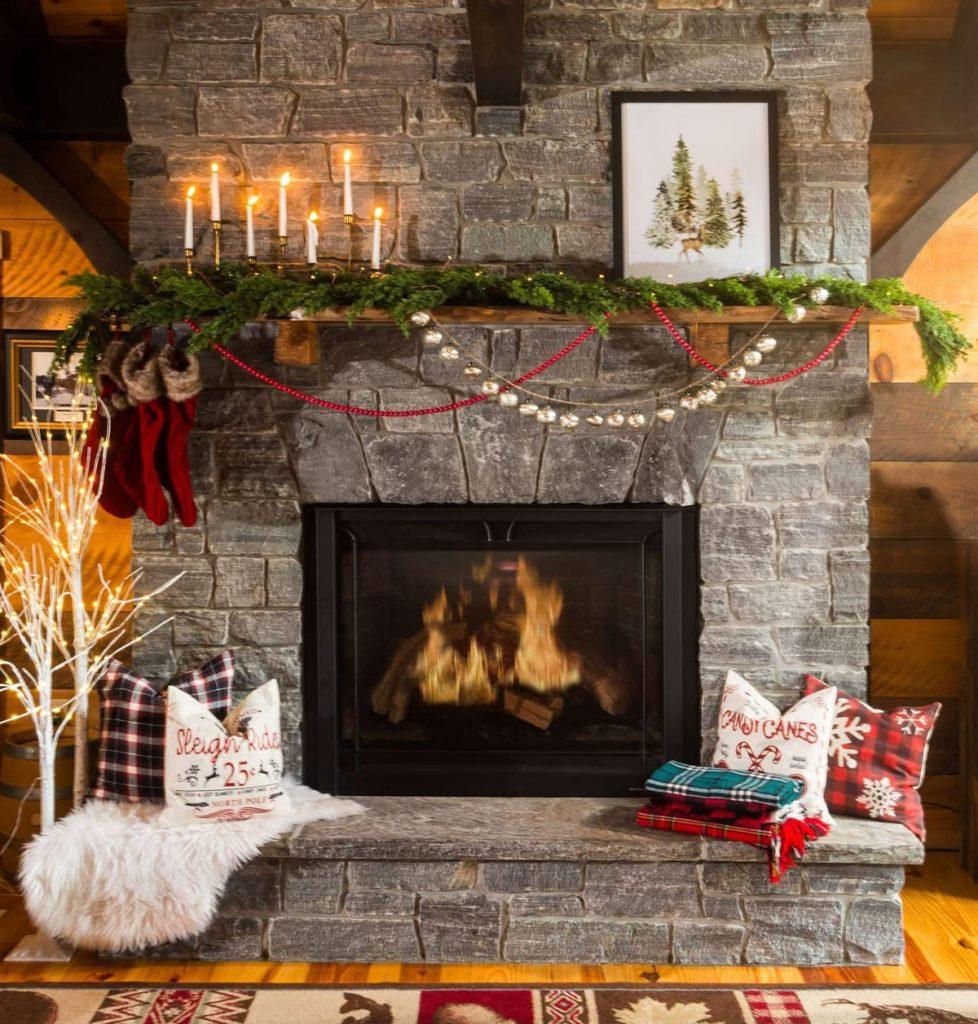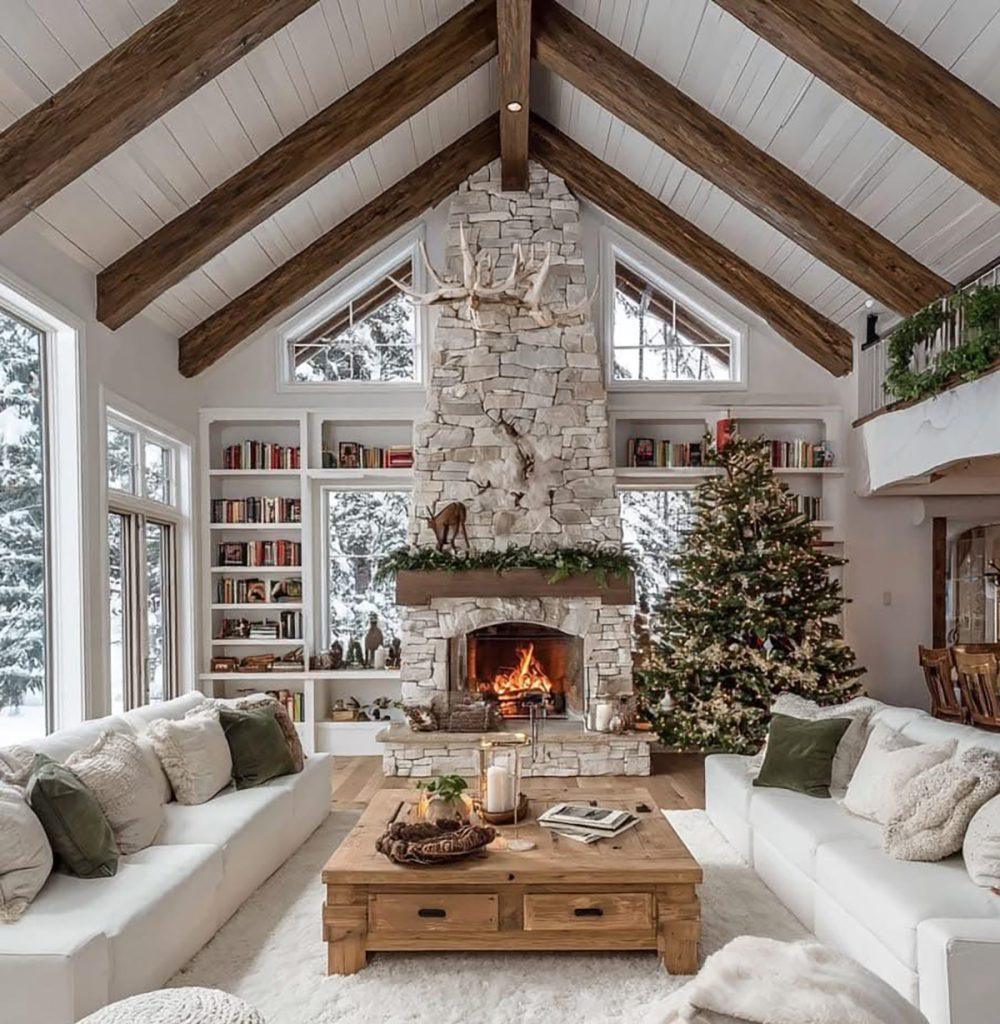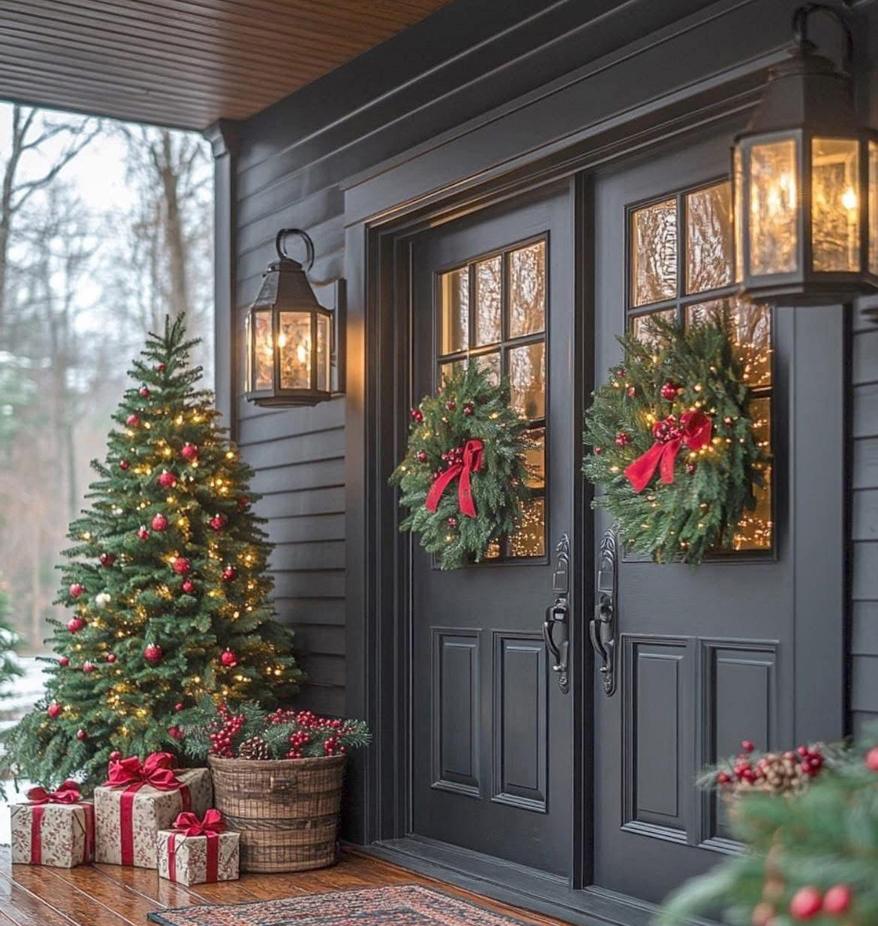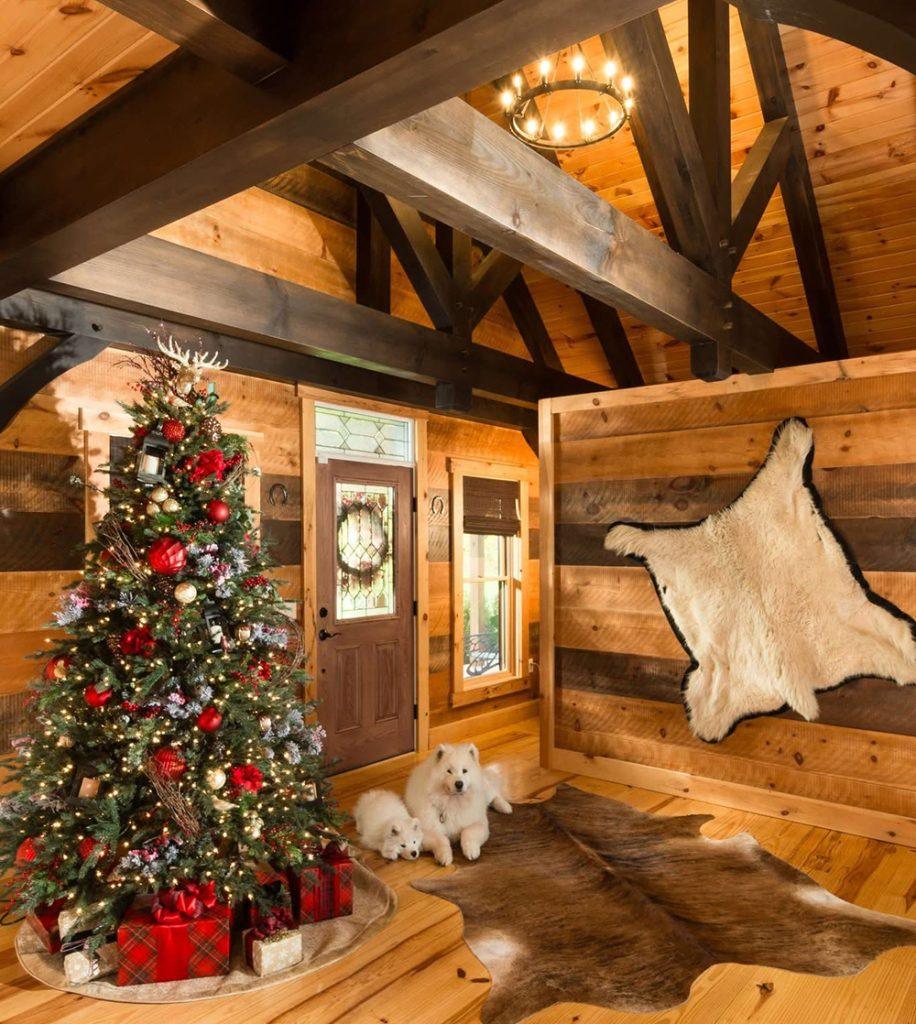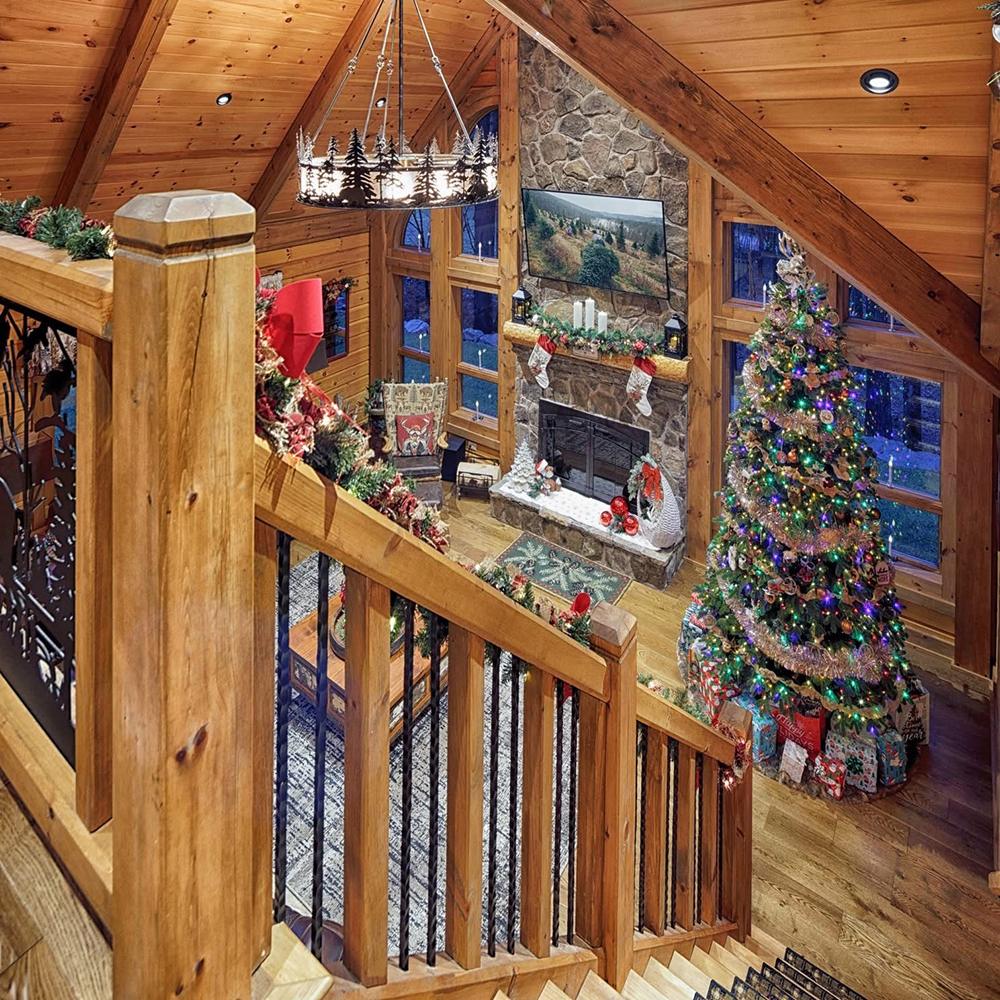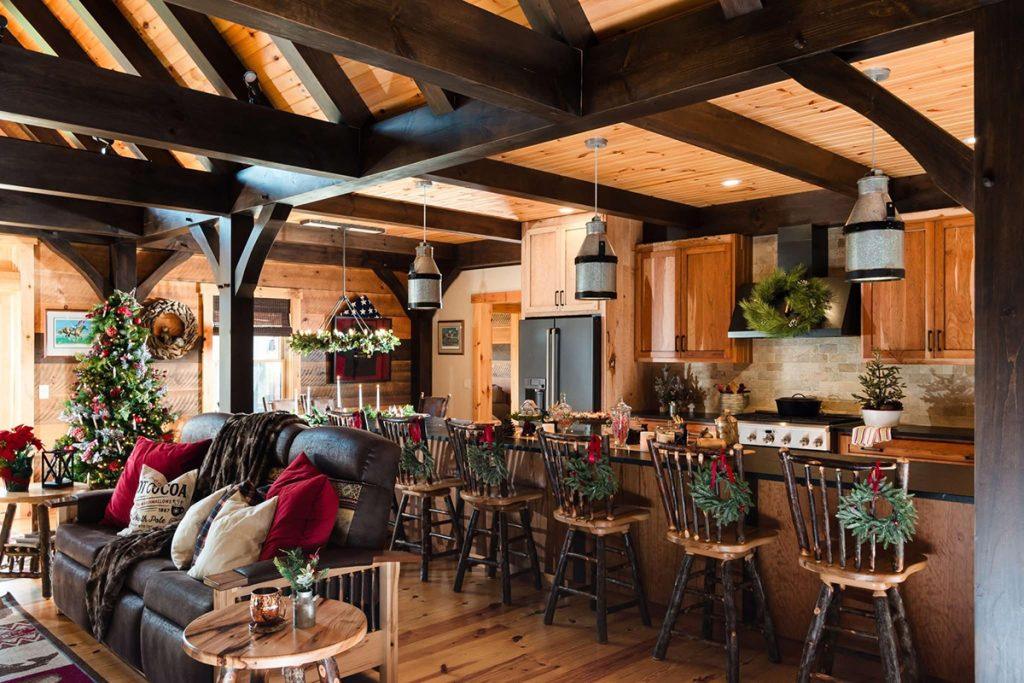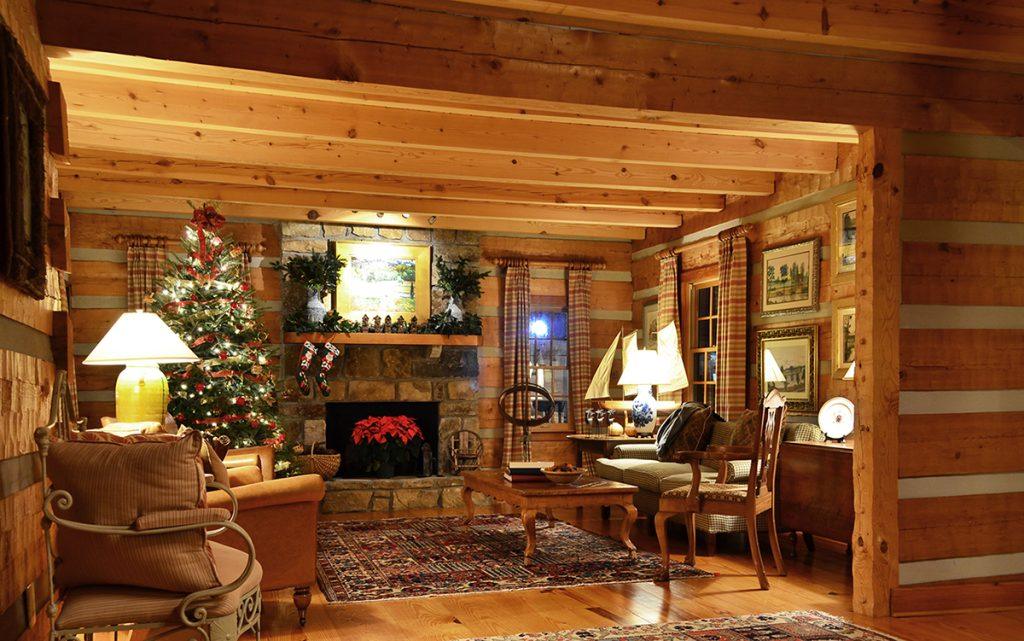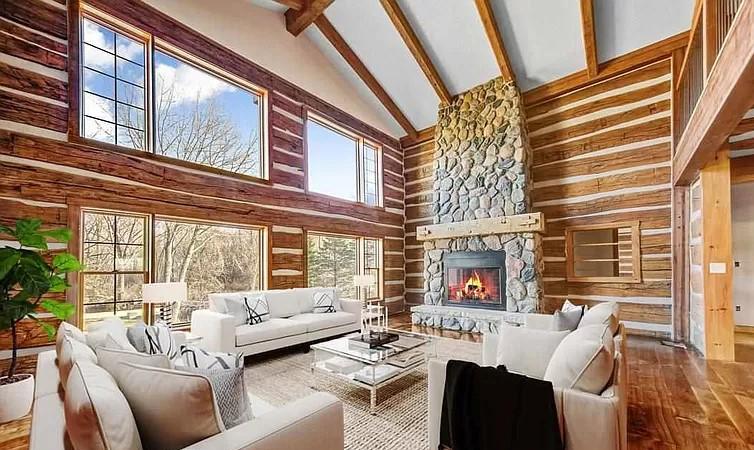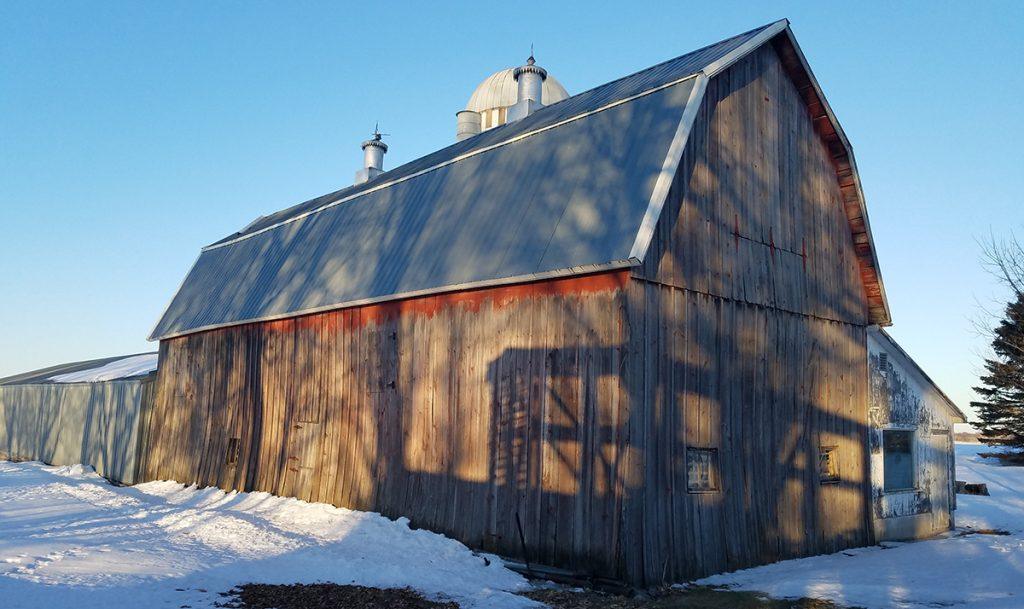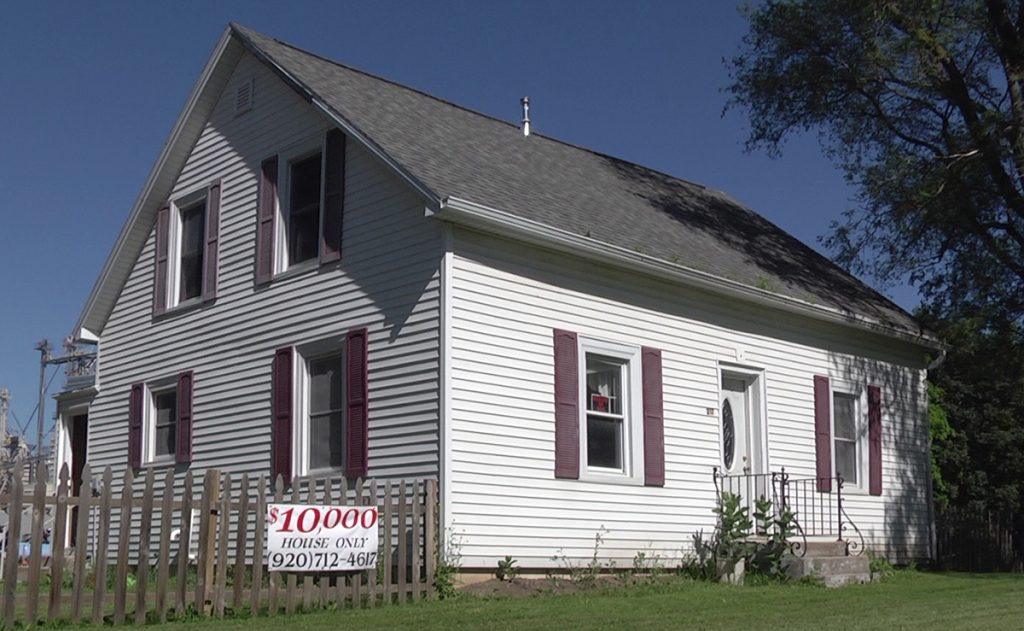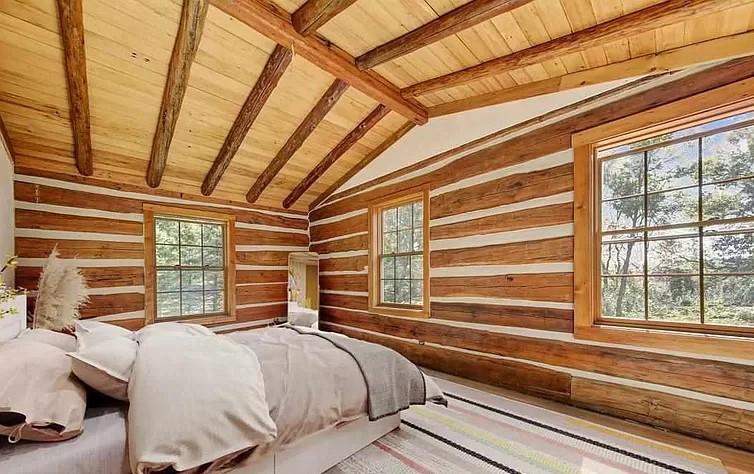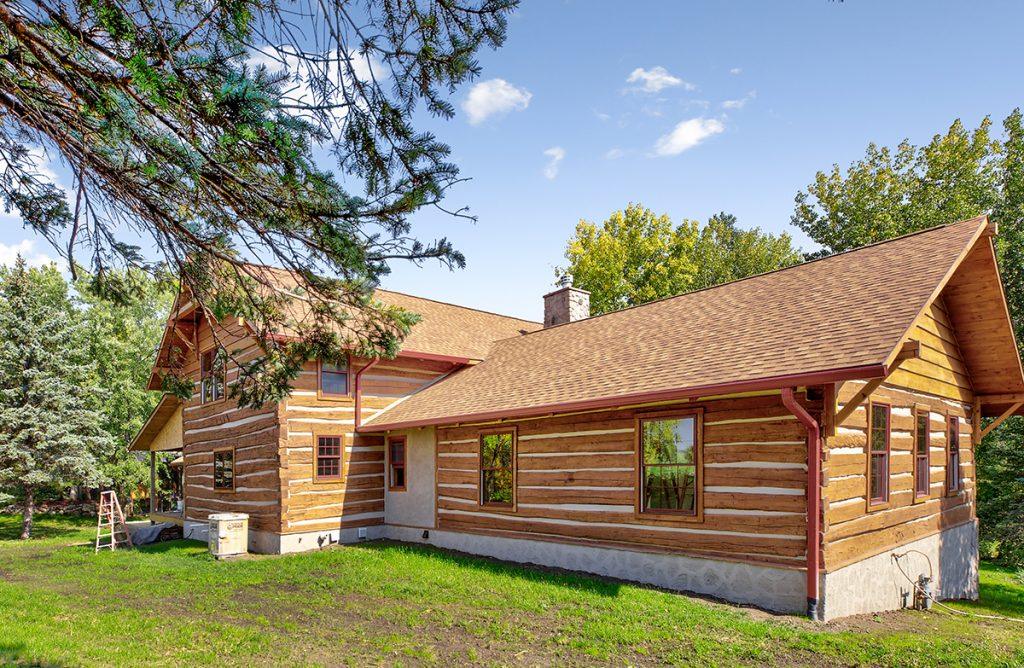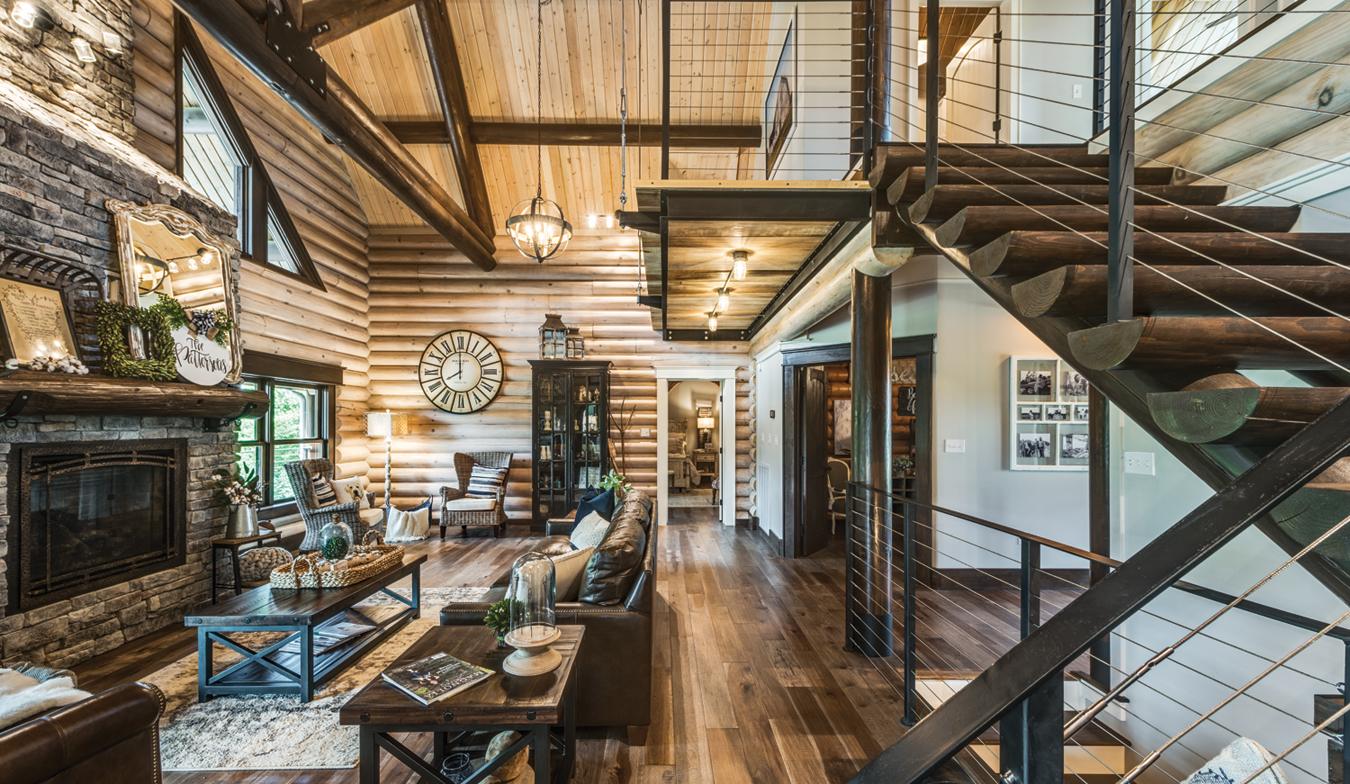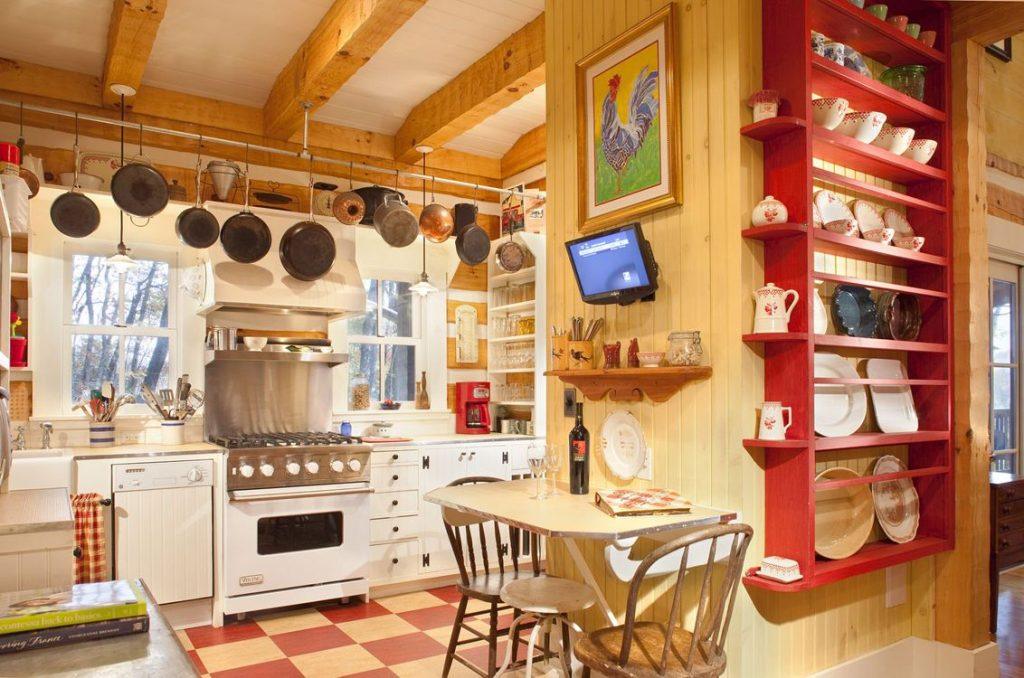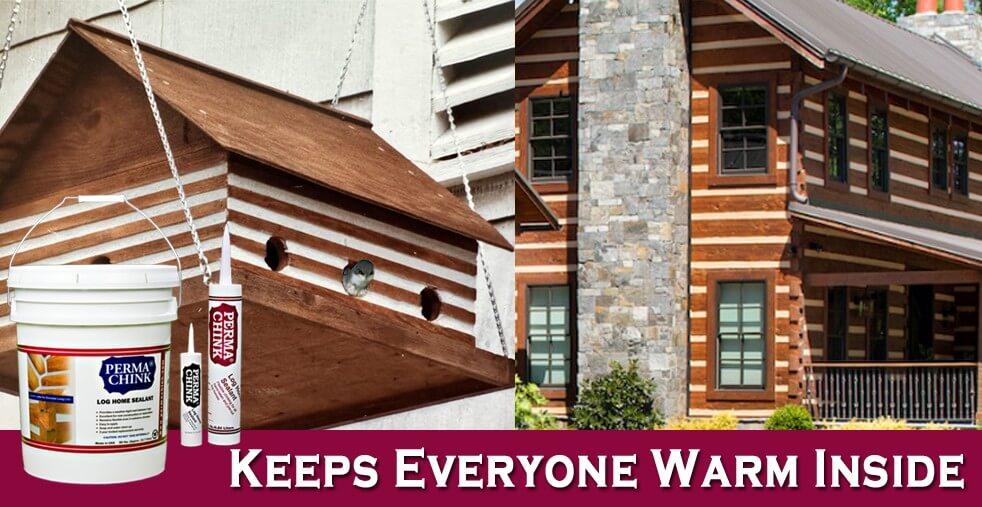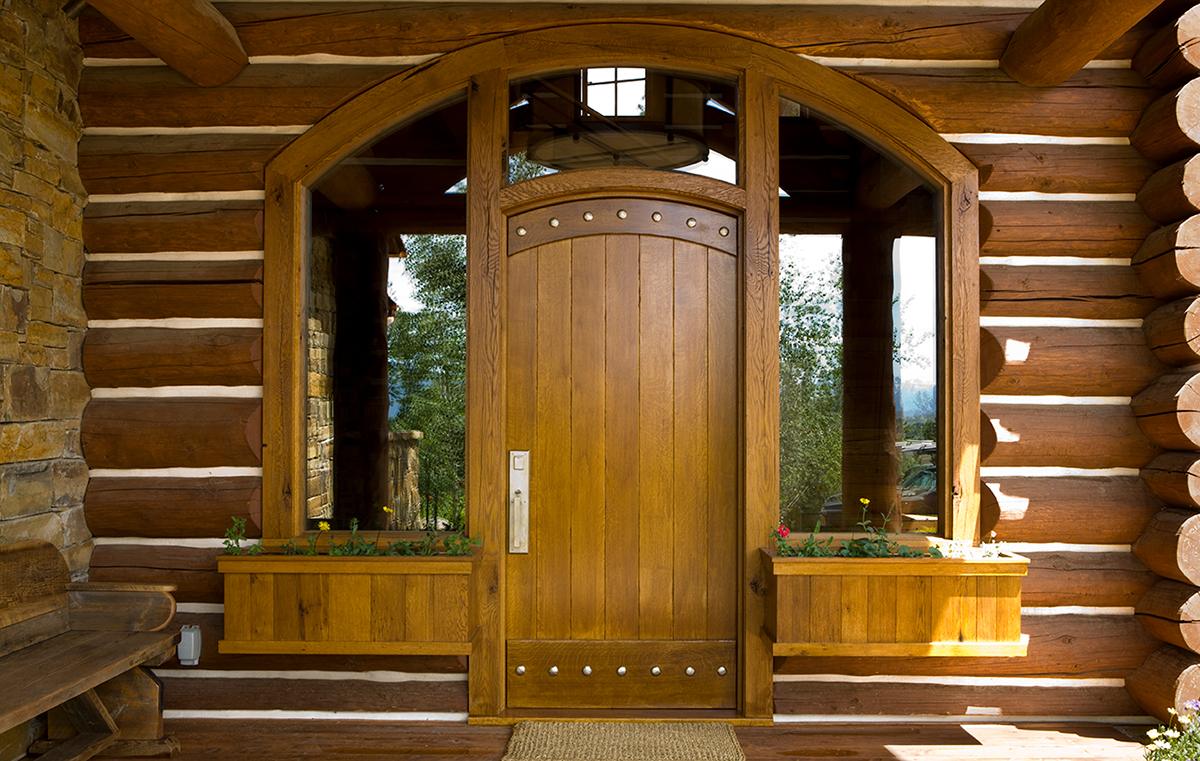It’s time to close up remote and vacation cabins for the winter. For most vacation homes, the close-up process usually occurs after Labor Day, but we all try to squeeze out a few more weekends as the weather allows.
Depending on where the home is, the “living” season might be longer, or year-round, especially if the property doubles as a seasonal rental. If you’re lucky enough to live in a mild climate that doesn’t require much seasonal “changeover,” it’s still a good idea to inspect your home for potential issues. We have available information on Fall maintenance and landscaping tips to keep homes maintained.
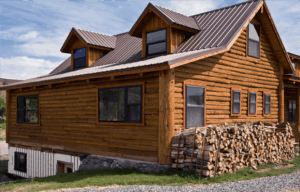
For those homes that get buttoned-up for the winter, the folks at Cabin Life compiled a checklist of tasks to ensure a protected home for the duration of the winter season.
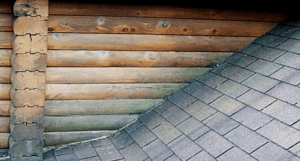
Preparing for Winter Checklist
(Adjust as needed for your climate and your frequency of winter use.)
Outside Duties
- Waterfront homes: Clean and store boats, dock ornaments, ladder, life jackets and ski equipment.
- Mow the lawn one last time (if you have a lawn at your place).
- Clean and winterize lawnmower and other gas-powered yard equipment.
- Rake and remove leaves within at least 30 feet from your cabin.
- Store fire pit decorations, emptied flower pots, drained hoses and sprinklers, and deflated water toys.
- Keep firewood more than 30 feet away from home.
- Look for air leaks around electrical wiring, dryer vents, pipes, windows and doors; then seal leaks with caulk or insulation to keep out cold air and pests.
- Insulate pipes in crawl spaces by wrapping them with heat tape or thermostatically-controlled heat cables; also open cabinet doors to allow heat to get to un-insulated pipes under sinks and appliances near exterior walls.
- Clean out gutters and inspect roof for shingles that are raised or cracked; leaking roofs and clogged gutters can lead to significant water damage.
- If your lake is prone to ice movement, take in dock and boat hoists. Remove hoist motor and electric line.
- Turn off outside pump breaker, hoist motor breaker, dock light breaker.
- If you are in the snow belt, store outdoor furniture, picnic tables and hammocks.
- Make sure your winter sports gear is ready to go. Snowmobile and ATV tuned up? Skis waxed? Where are those snowshoes?
Inside Duties
- Ensure that the power and water are in the proper mode for vacancy.
- Set thermostat at the appropriate temperature for the region. If you heat your place in the winter, set the thermostat no lower than 55 degrees; if you keep the A/C on when you are gone, set it to 80 degrees.
- Clean furnace filter to maintain an efficient heating and cooling system and reduce the risk of fire.
- If you are shutting off the refrigerator, leave the door cracked open to prevent musty smells from developing.
- Unplug computers and major appliances to protect them from power surges and lightning strikes.
- Pull shades, or cover furniture to keep it from being bleached by the sun.
- Put mothballs or dryer sheets near linens.
- Restock and store first-aid kit.
- Take out all perishable foods; store those that remain in air-tight/critter-tight containers. If you don’t heat the cabin in winter, carry out canned goods so they don’t freeze.
- Turn off dehumidifier and water heater.
- Close damper for fireplace. Seal box to prevent critters from entering cabin.
- If you don’t heat in winter, drain the pipes by attaching a hose to the lowest point in the plumbing, then blow out all water with an air compressor.
- Winterize washing machine; kitchen appliances.

